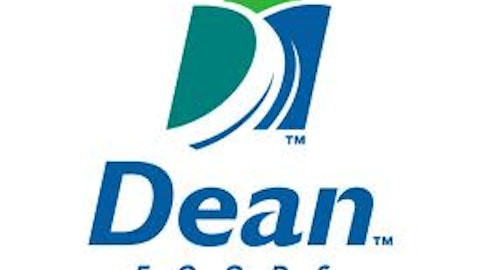Talk of government cuts continues, but is there something important that investors should be aware of: Statistics show that the lower income quartiles have become more dependent upon transfers and benefits from the U.S. government over the past decades. If the U.S. government continues to cut social programs in order to decrease the deficit, then the lower income classes will suffer. Large companies that sell to these demographics are not at risk today, but continued government cuts are a risk that investors should be aware of.
Cold hard facts
Over the past couple decades, the spread between America’s Gini coefficient after taxes and transfers and the Gini coefficient before taxes and transfers has increased. This means that an increasing portion of income is being transferred from the top earners to the bottom earners via the government.
A quick look at the European Union shows that austerity measures have not had very encouraging effects. The effects of austerity have been very drastic in Spain, with a proportionally high impact on the lower classes. This not a political argument, but a simple look at what has occurred in the world. If austerity measures continue, then the companies that sell to these demographics will suffer.
Spain Real GDP Growth data by YCharts
The Procter & Gamble Company (NYSE:PG) is a staple large cap. It owns a number of famous brands like Tide, Gillette, and CoverGirl. The company famously decided to focus its marketing at high income and low income consumers as the middle class started to disappear. The strategies that the firm developed for low income consumers in developing markets are now being transferred back to the U.S.
This company has significant interests in developing markets. Even so, The Procter & Gamble Company (NYSE:PG) generates a large amount of revenue from the U.S. market, where they continue to promote their brands and invent new products. The company’s return on investment of 14.5% and profit margin of 15.7% show that currently it is profitable and produces enough profits to maintain its 3% yield.
Wal-Mart Stores, Inc. (NYSE:WMT) is one company that would greatly feel the effects of continued government cuts on lower income consumers. There are more than 47 million Americans on food stamps and Wal-Mart Stores, Inc. (NYSE:WMT) is a huge seller of food products. The company is profitable with a return on investment of 14.9% and profit margin of 3.8%, but this does not mean that lower U.S. volumes would not affect the company. The company has a significant overseas presence with more than 6,100 stores outside of the U.S. Still, the 4,000 U.S. stores support a significant portion of the firm’s 2.7% yield.






